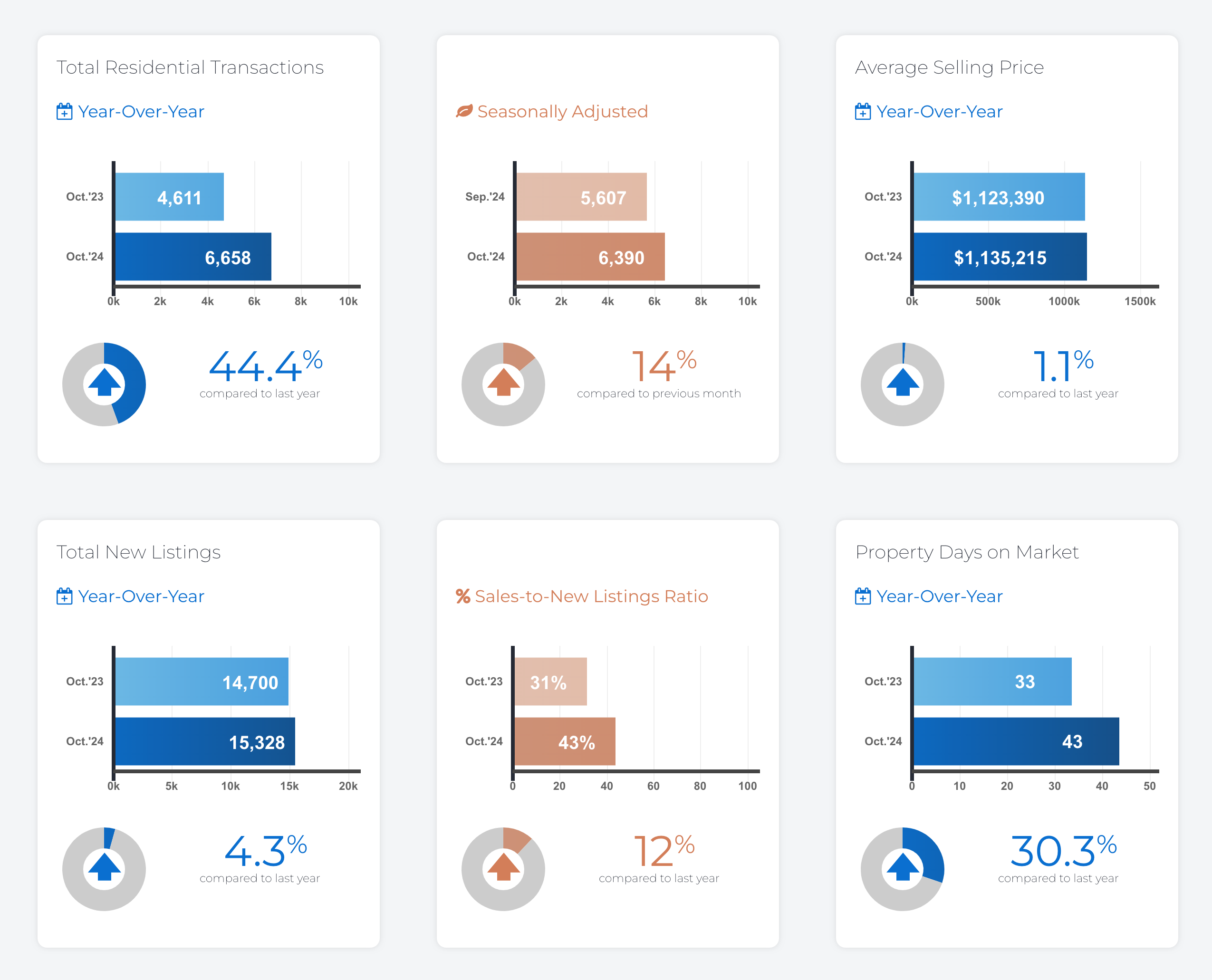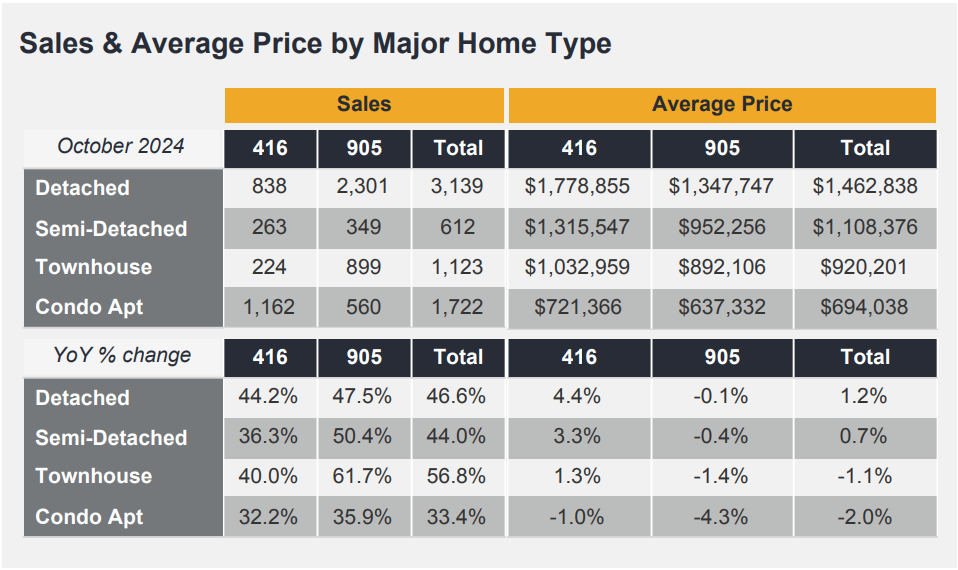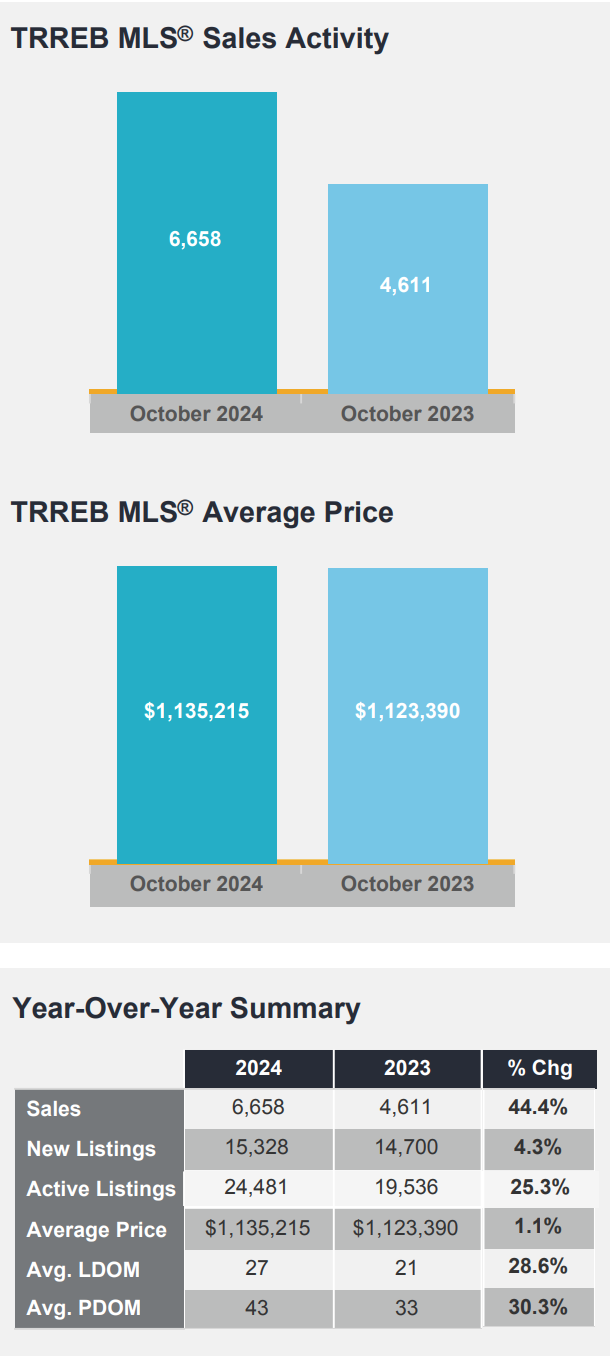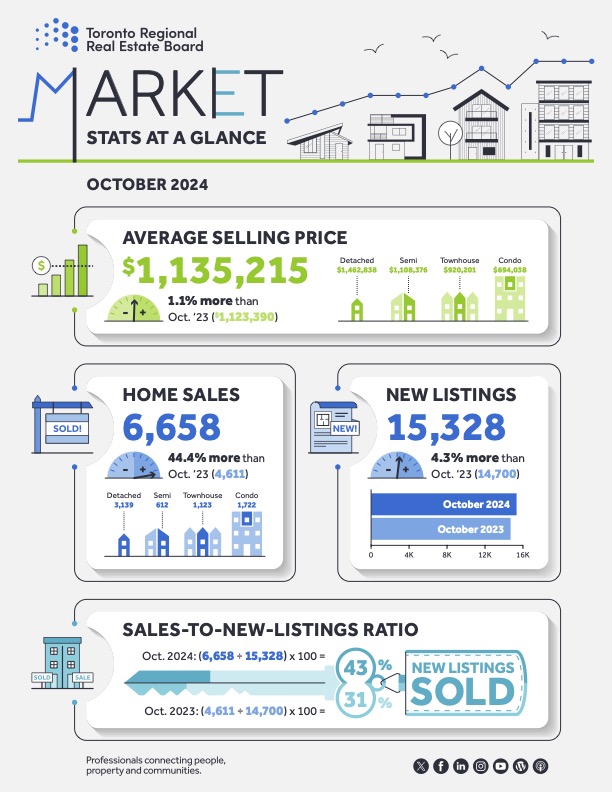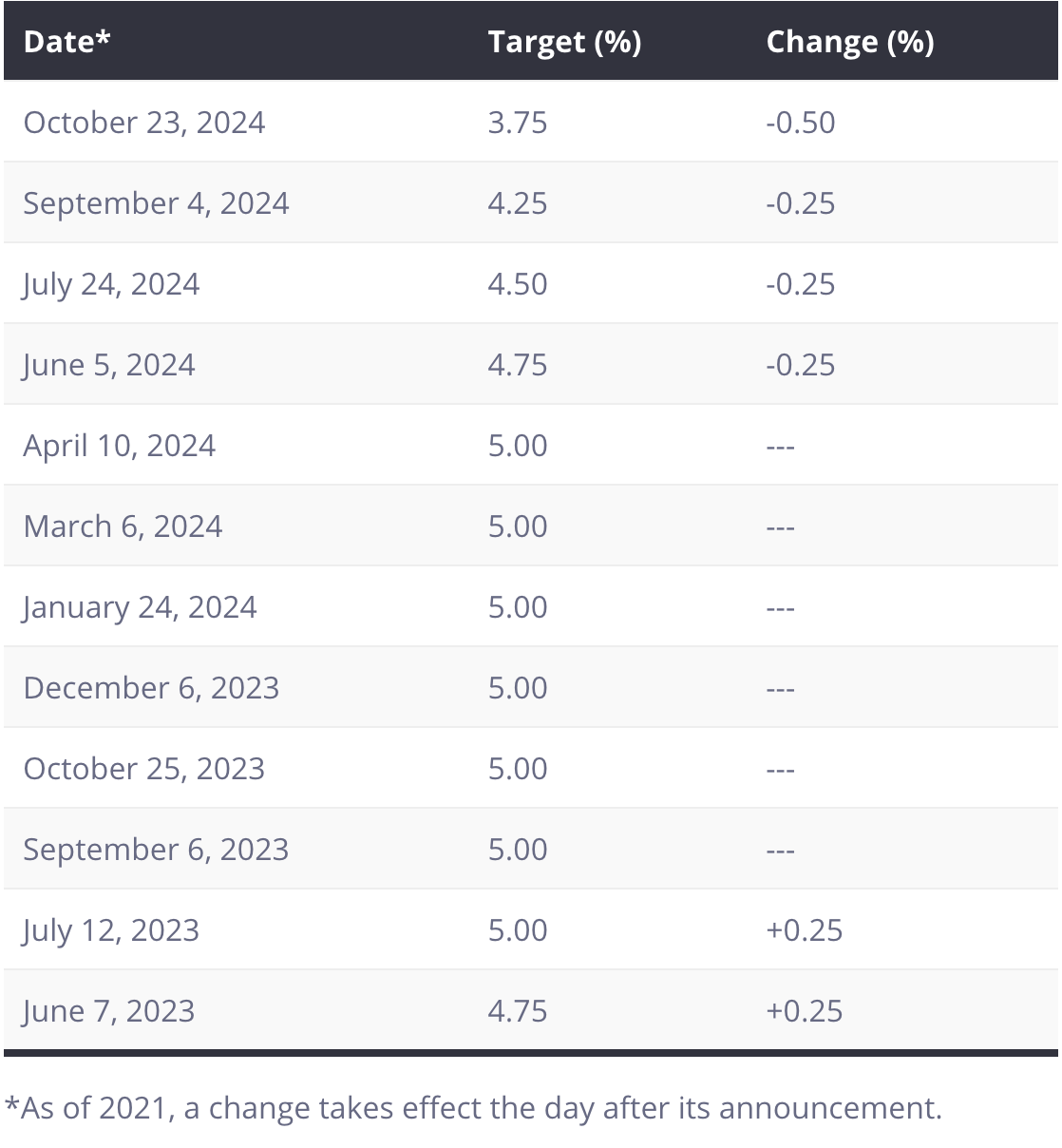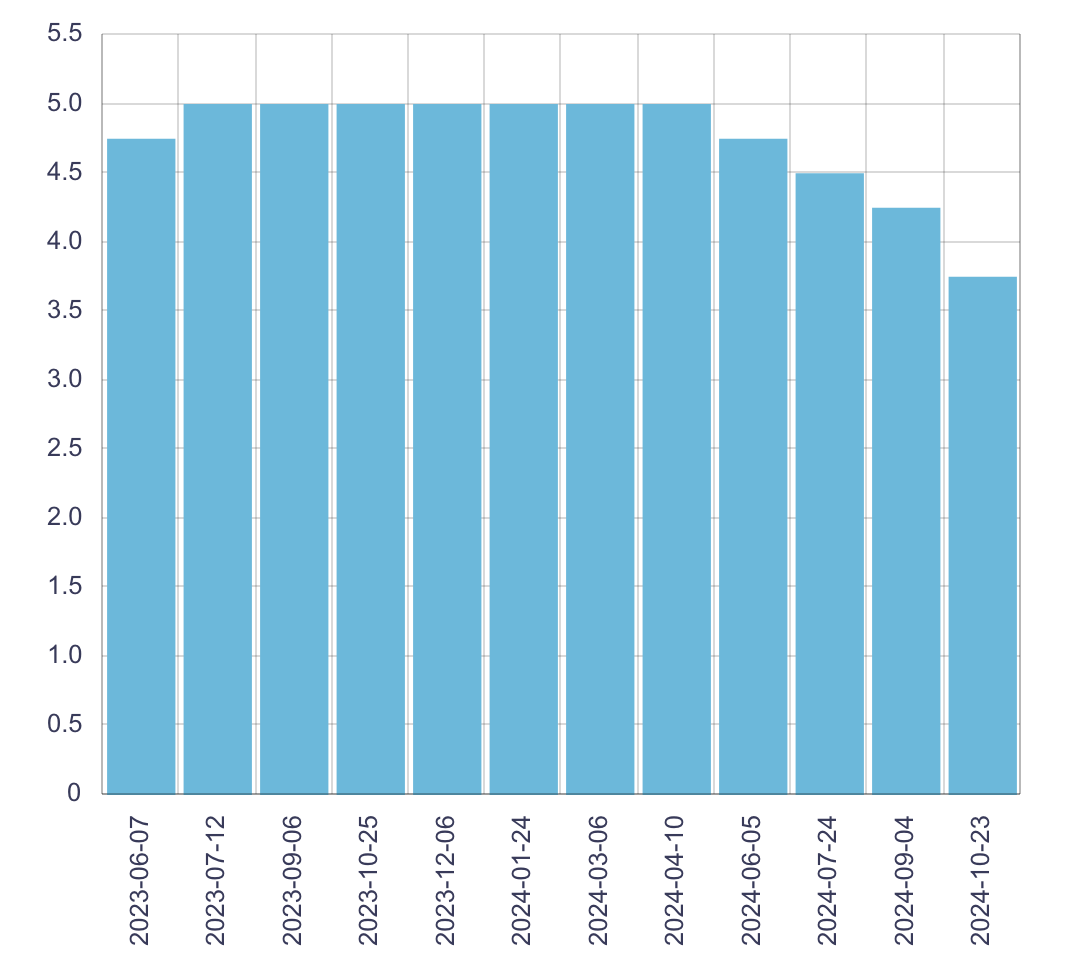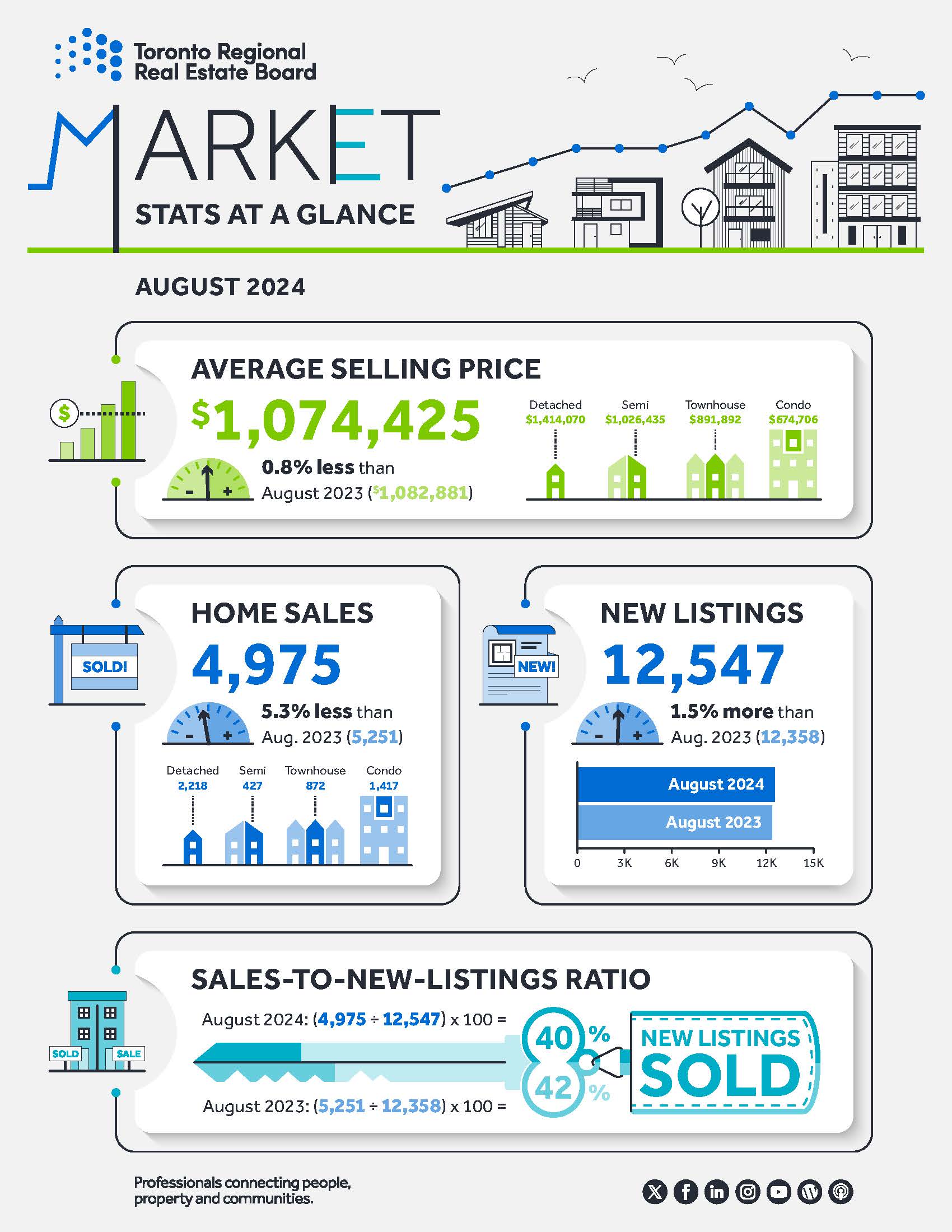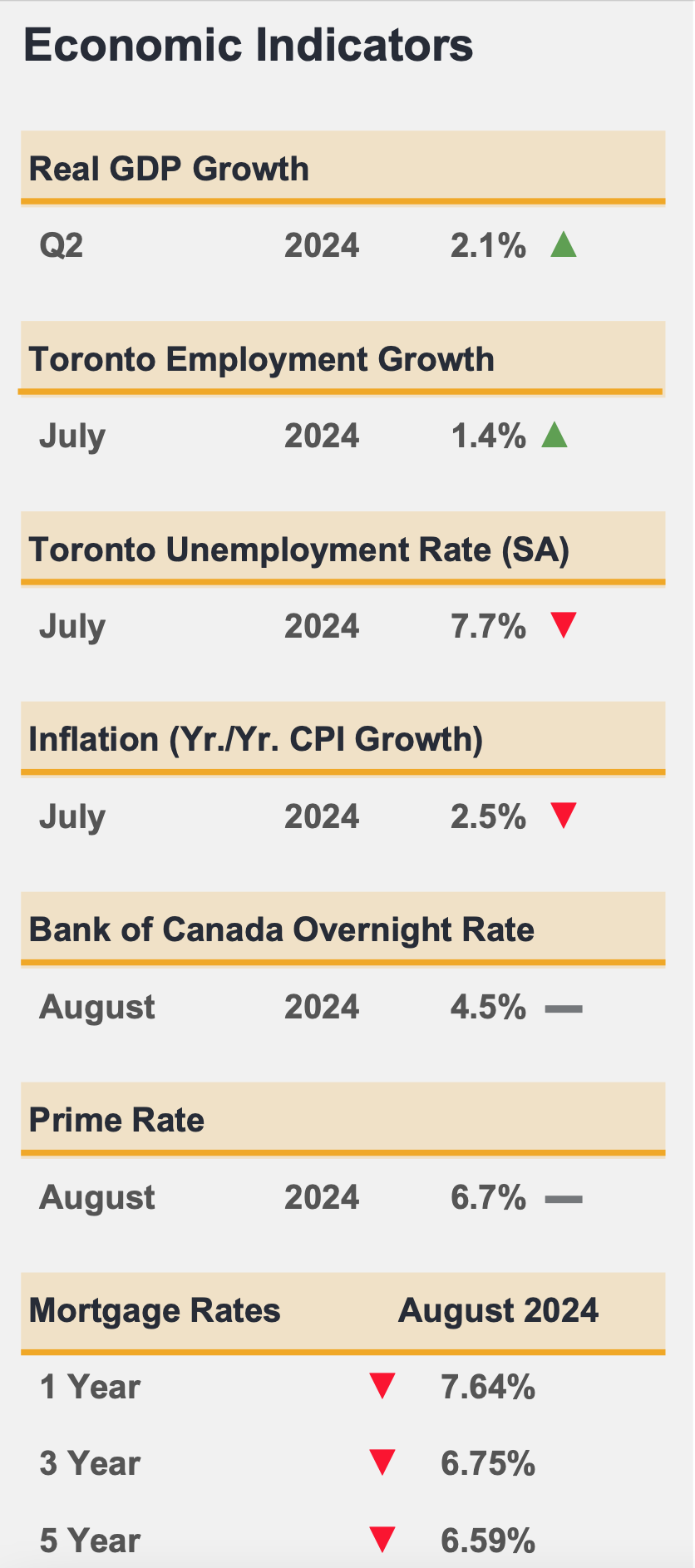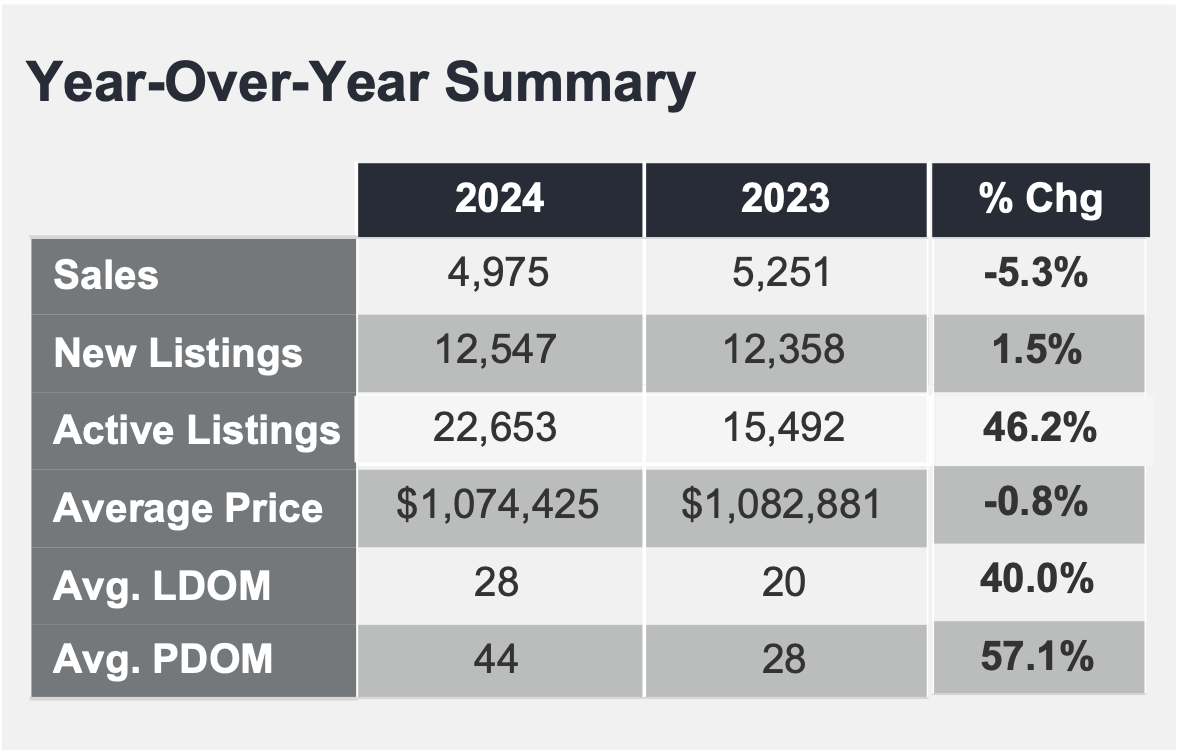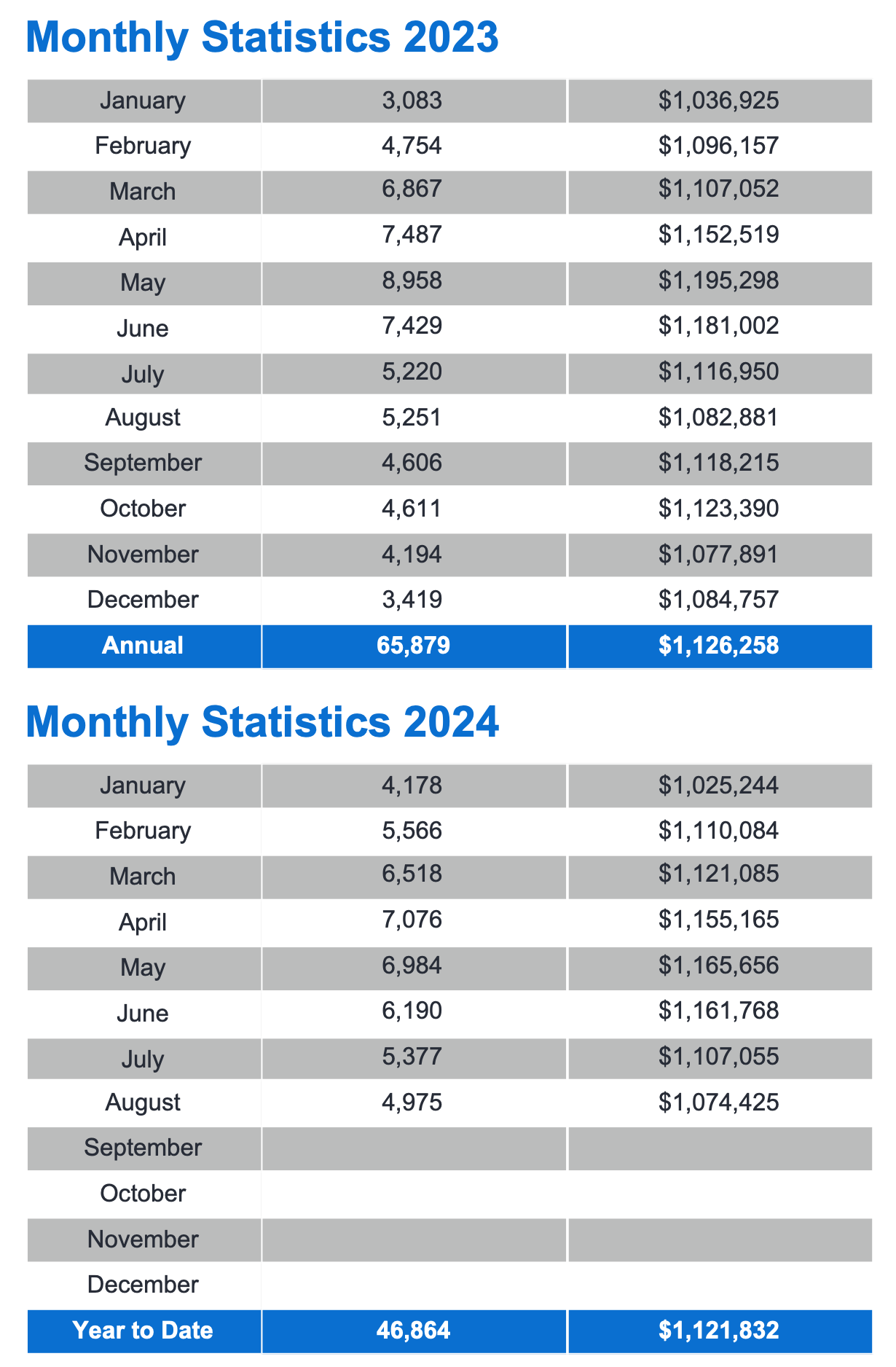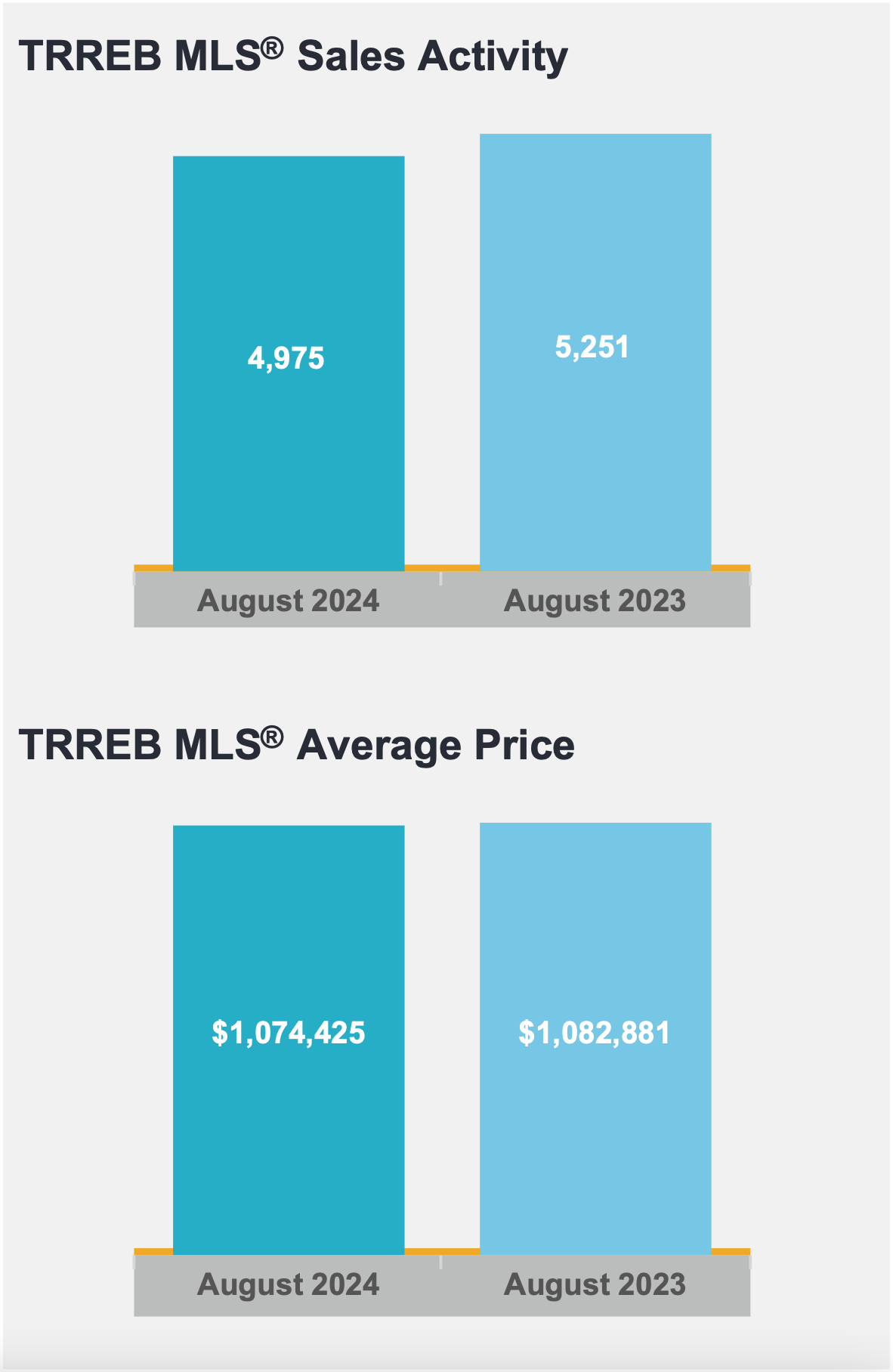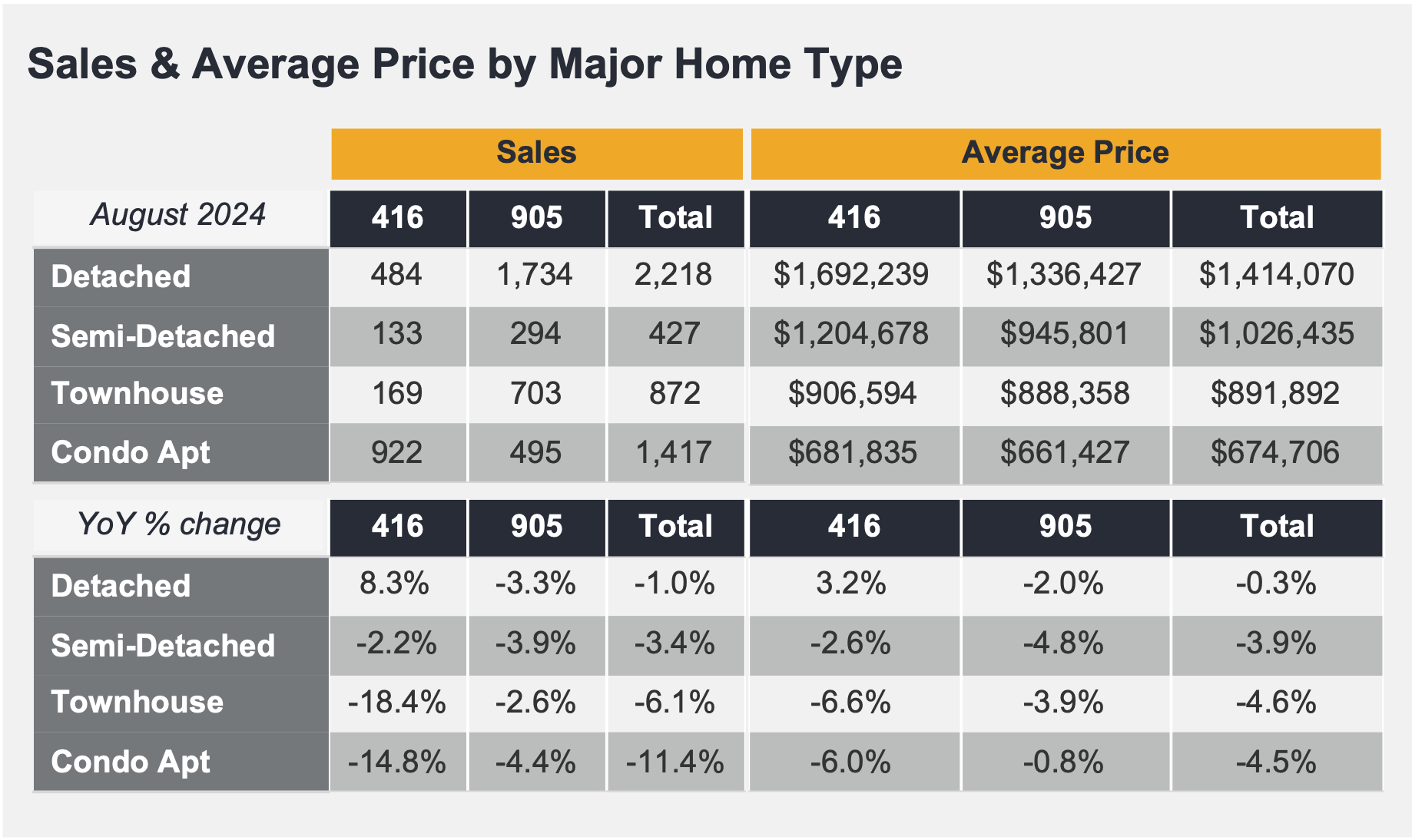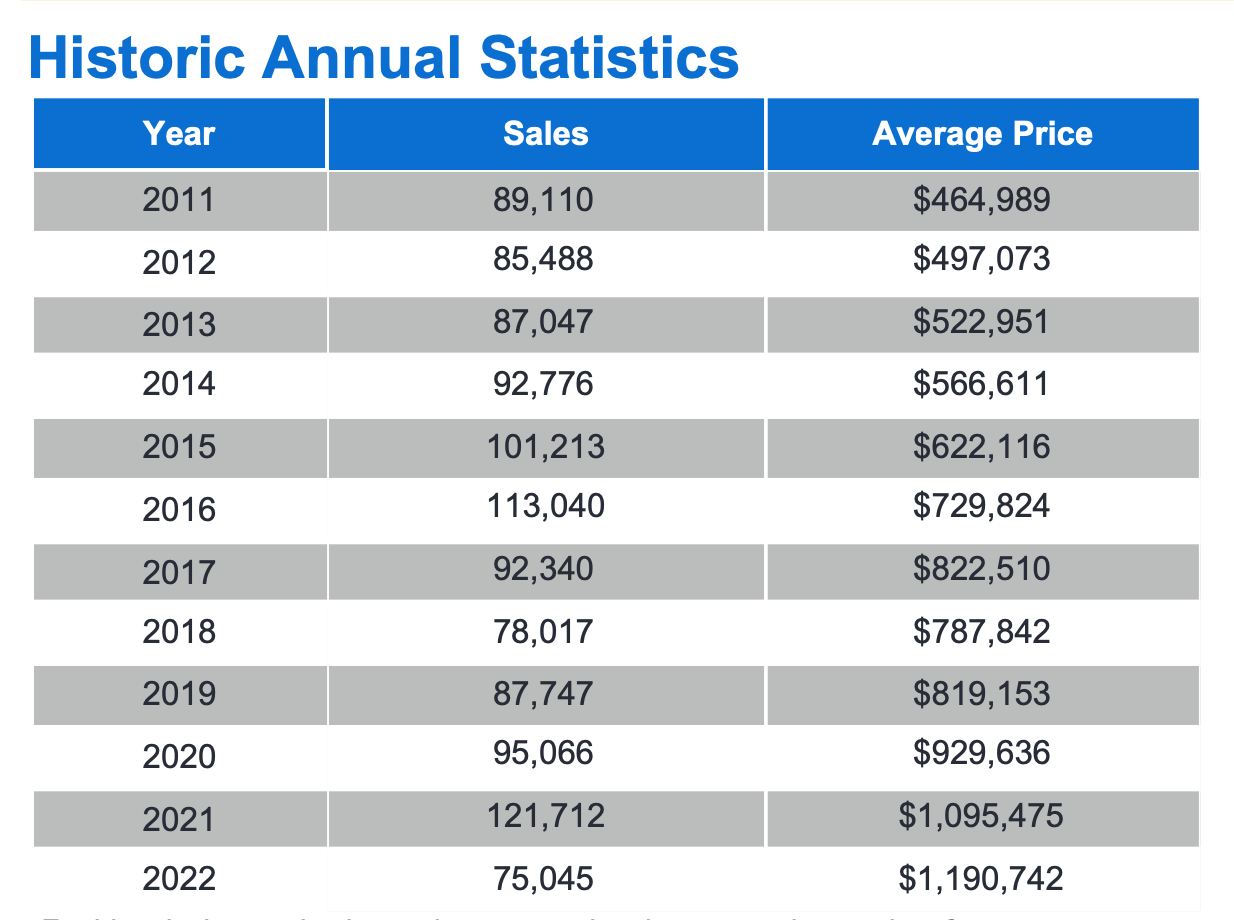1. Introduction
The Ontario real estate market, particularly in the Greater Toronto Area (GTA), has always been influenced by various economic factors such as interest rates, foreign investments, and government policies. However, one less commonly discussed factor is the role of tariffs. These import taxes, especially on construction materials, significantly impact housing costs, affordability, and investment strategies.
2. Understanding Tariffs
Tariffs are government-imposed taxes on imported goods. They are often used to protect domestic industries, retaliate against foreign trade policies, or generate government revenue. While tariffs can have broad economic implications, their effects on real estate are particularly profound when applied to materials such as steel, aluminum, and lumber—key components in construction.
3. History of Tariffs in Canada
Canada has a history of imposing and responding to tariffs, often in reaction to U.S. trade policies. Over the years, tariffs on construction materials have fluctuated based on trade agreements such as NAFTA and its successor, the USMCA. Understanding the historical context of these tariffs provides insight into their recurring impact on real estate markets.
4. Major Tariffs Affecting Real Estate
Steel and Aluminum Tariffs
Steel and aluminum are crucial in high-rise construction and infrastructure development. Tariffs on these materials increase costs for developers, affecting the pricing of new housing projects in the GTA.
Lumber Tariffs
Lumber tariffs have a direct effect on homebuilding costs. Since many GTA homes are built with wood framing, increased costs lead to higher home prices.
Other Construction Materials
Tariffs on items such as glass, appliances, and plumbing fixtures also contribute to rising construction expenses.
5. How Tariffs Increase Construction Costs
Higher tariffs mean increased costs for builders, who pass these expenses onto buyers. This phenomenon leads to:
- Increased Home Prices: Higher costs of raw materials make homes more expensive.
- Reduced Housing Supply: Developers may delay or cancel projects due to inflated costs.
- Longer Construction Timelines: Increased expenses can lead to financial constraints, slowing down construction projects.
6. The Role of U.S.-Canada Trade Relations
Since much of Ontario’s building materials are imported from the U.S., changes in American trade policies significantly affect Canada’s real estate market. Political shifts and renegotiated agreements like the USMCA dictate tariff rates and their subsequent impact.
7. Foreign Investment and Tariffs
Foreign investors often look for cost-effective opportunities. Rising tariffs may deter international buyers from investing in the GTA market, affecting demand and price trends.
8. Tariffs’ Effect on New Developments
Real estate developers in Ontario, especially in the GTA, are directly impacted by tariffs. Increased costs often lead to:
- Smaller Developments: Builders may opt for fewer units to mitigate expenses.
- Higher Pre-construction Pricing: Buyers must pay more for homes even before they’re built.
- Shifts in Material Sourcing: Developers may seek alternative suppliers to cut costs, potentially compromising quality.
9. Impact on Home Prices and Affordability
With rising construction costs due to tariffs, housing affordability in the GTA becomes a major issue. First-time buyers struggle to enter the market, and existing homeowners see fluctuating property values.
10. How Tariffs Influence Mortgage Rates
While tariffs don’t directly affect mortgage rates, they contribute to inflation. In response, the Bank of Canada may adjust interest rates, indirectly influencing mortgage affordability.
11. Impact on Homebuyers
Increased Costs
Higher home prices mean buyers need larger down payments and higher mortgage approvals.
Limited Choices
A reduced supply of new builds leaves fewer options for prospective homeowners.
Market Timing Concerns
Uncertainty surrounding tariffs makes it difficult for buyers to predict when to enter the market.
12. Impact on Sellers
Changing Buyer Demand
Higher prices may limit the pool of eligible buyers, leading to longer listing times.
Price Adjustments
Sellers may need to adjust their expectations based on market fluctuations caused by tariffs.
13. Government Policies and Responses
To counteract tariff effects, the Canadian government may introduce:
- Subsidies for Builders
- Tax Breaks for First-time Buyers
- Negotiated Trade Agreements to Reduce Tariffs
14. Economic Forecasts and Market Predictions
Experts suggest that unless tariffs decrease, the GTA real estate market will continue experiencing high prices and limited affordability. However, government intervention and alternative supply strategies could mitigate these effects.
15. Strategies for Buyers and Sellers
For Buyers
- Monitor Market Trends: Stay informed about tariff changes.
- Consider Alternative Housing Options: Condos may be more affordable than single-family homes.
- Secure Mortgage Pre-approval Early: Lock in lower rates before they rise.
For Sellers
- Price Competitively: Adjust listing prices to attract buyers.
- Highlight Home Features: Showcase value beyond pricing.
- Be Open to Negotiation: Buyers may seek flexibility due to rising costs.
16. Case Studies and Real-Life Examples
Case Study 1: Condo Development in Downtown Toronto
A developer faced higher costs due to steel tariffs, resulting in a 15% price increase for pre-construction units.
Case Study 2: First-Time Buyer in Mississauga
A couple struggled with affordability as new home prices surged, leading them to opt for a resale property instead.
17. Conclusion and Final Thoughts
Tariffs have a profound impact on the Ontario real estate market, particularly in the GTA. Buyers and sellers must stay informed and adopt strategic approaches to navigate these economic challenges. While tariffs create obstacles, government policies and market adaptability can help mitigate long-term effects.


 Facebook
Facebook
 X
X
 Pinterest
Pinterest
 Copy Link
Copy Link



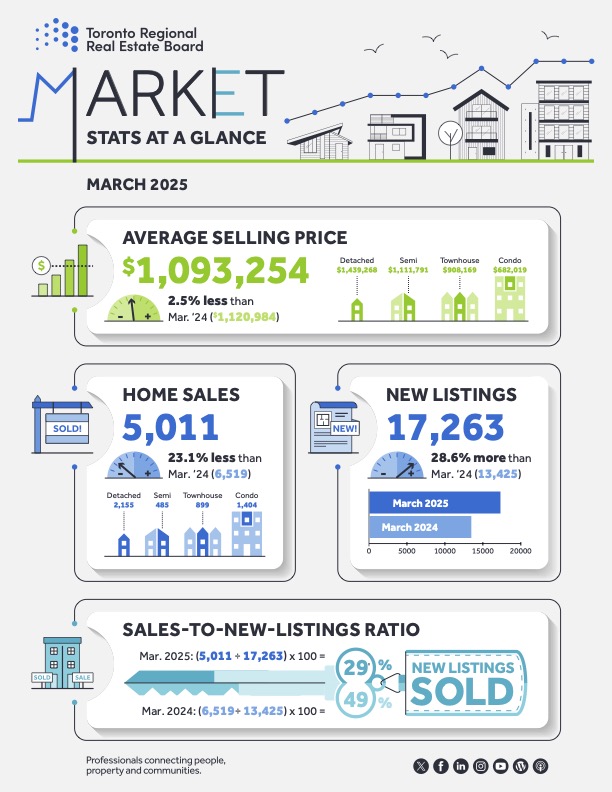
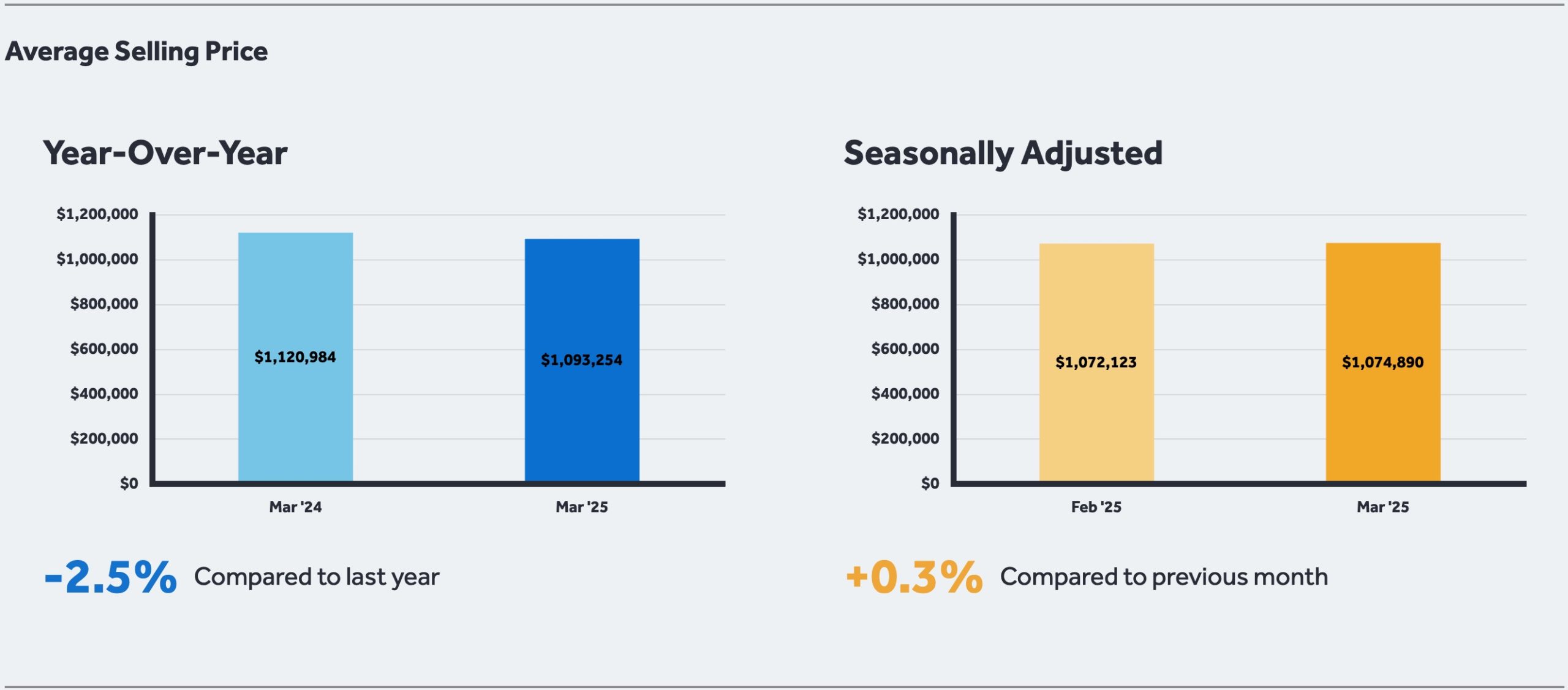
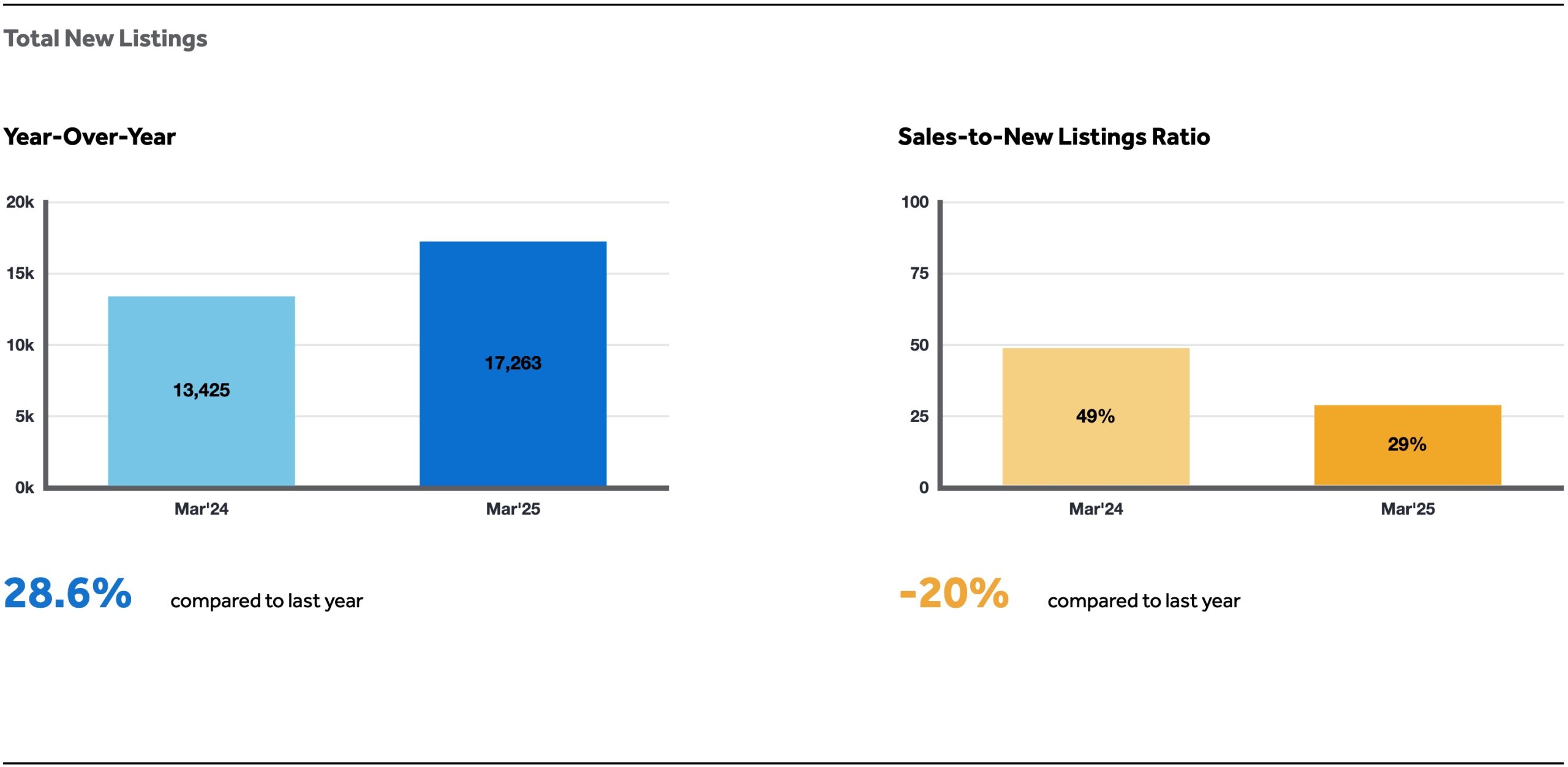











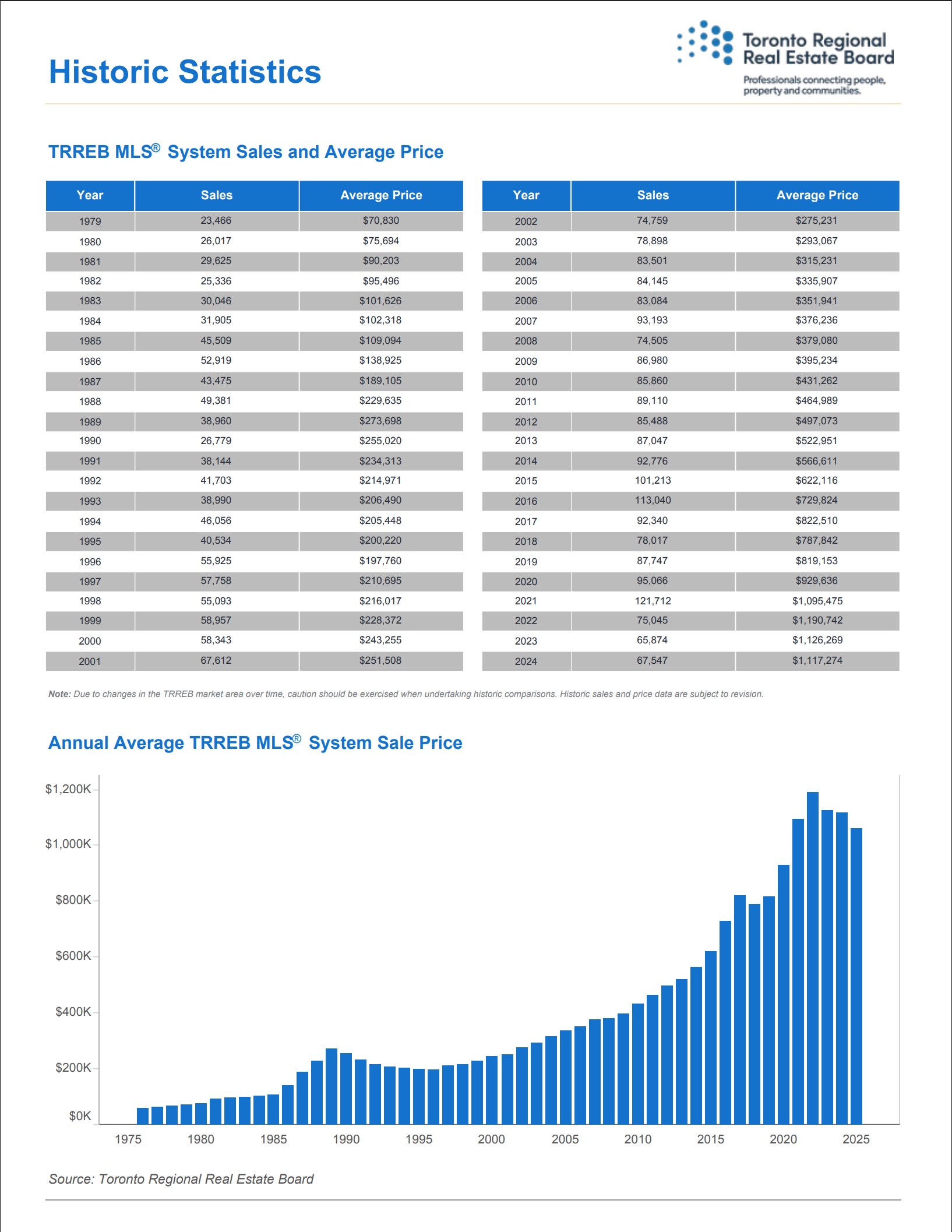
























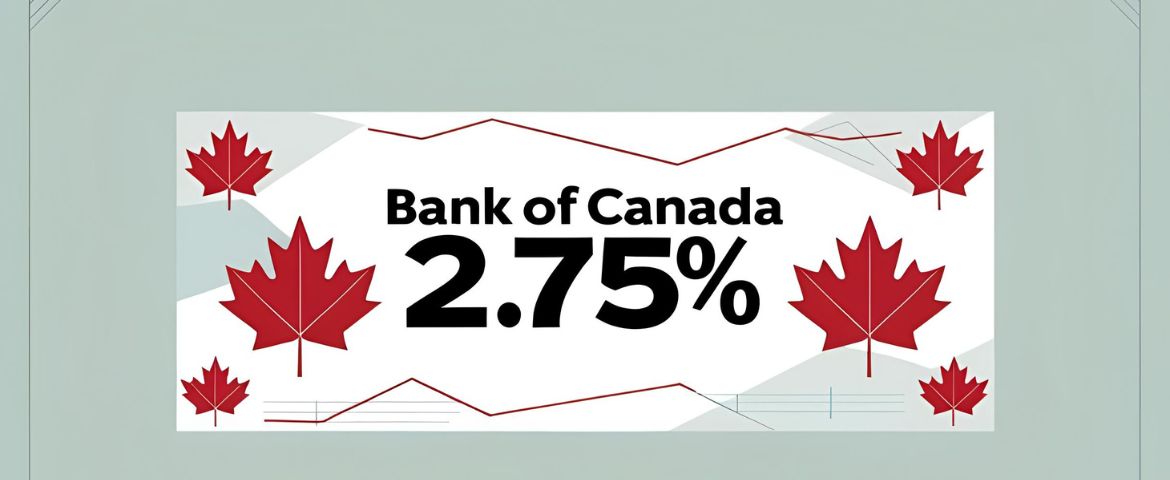















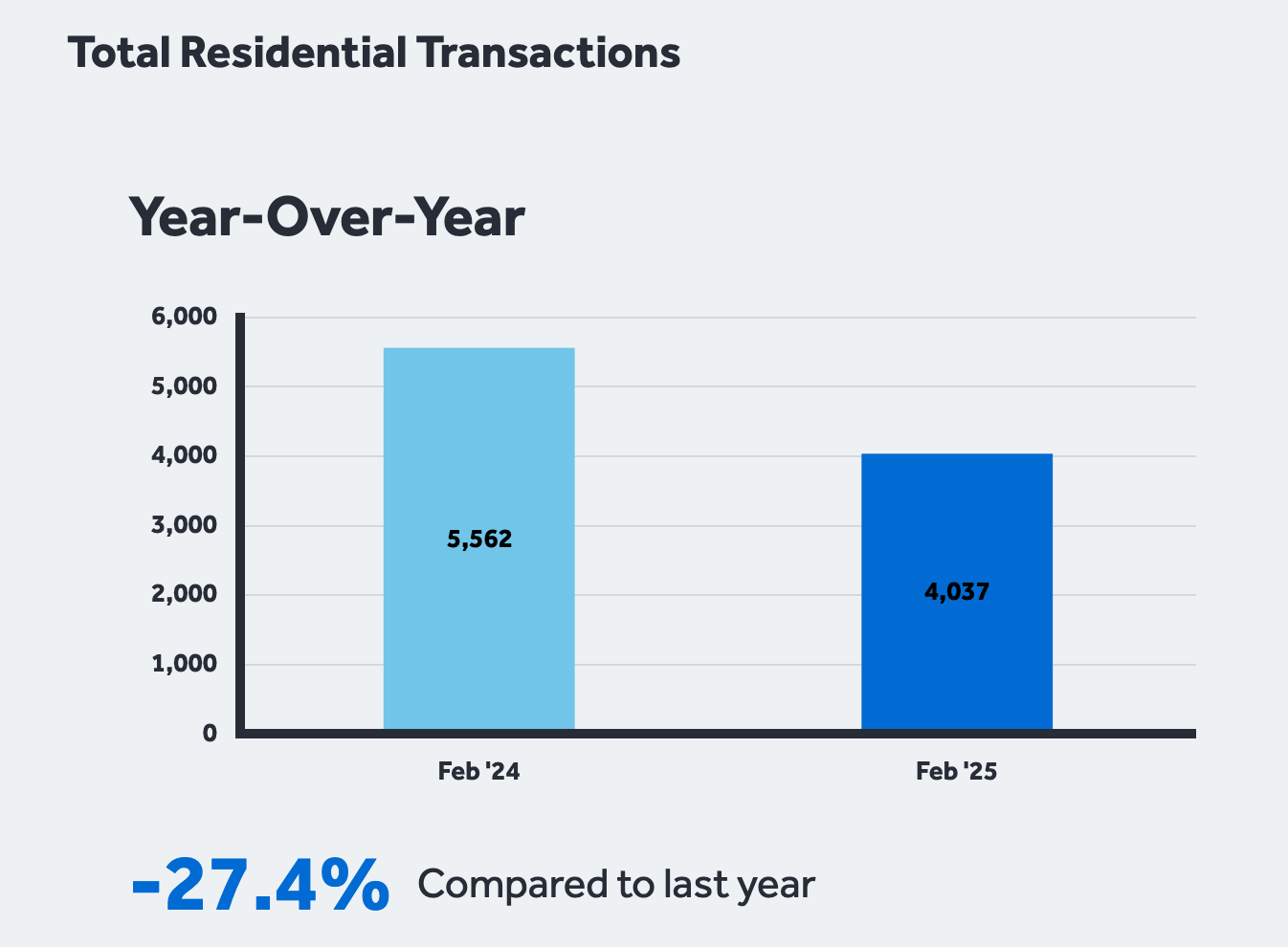
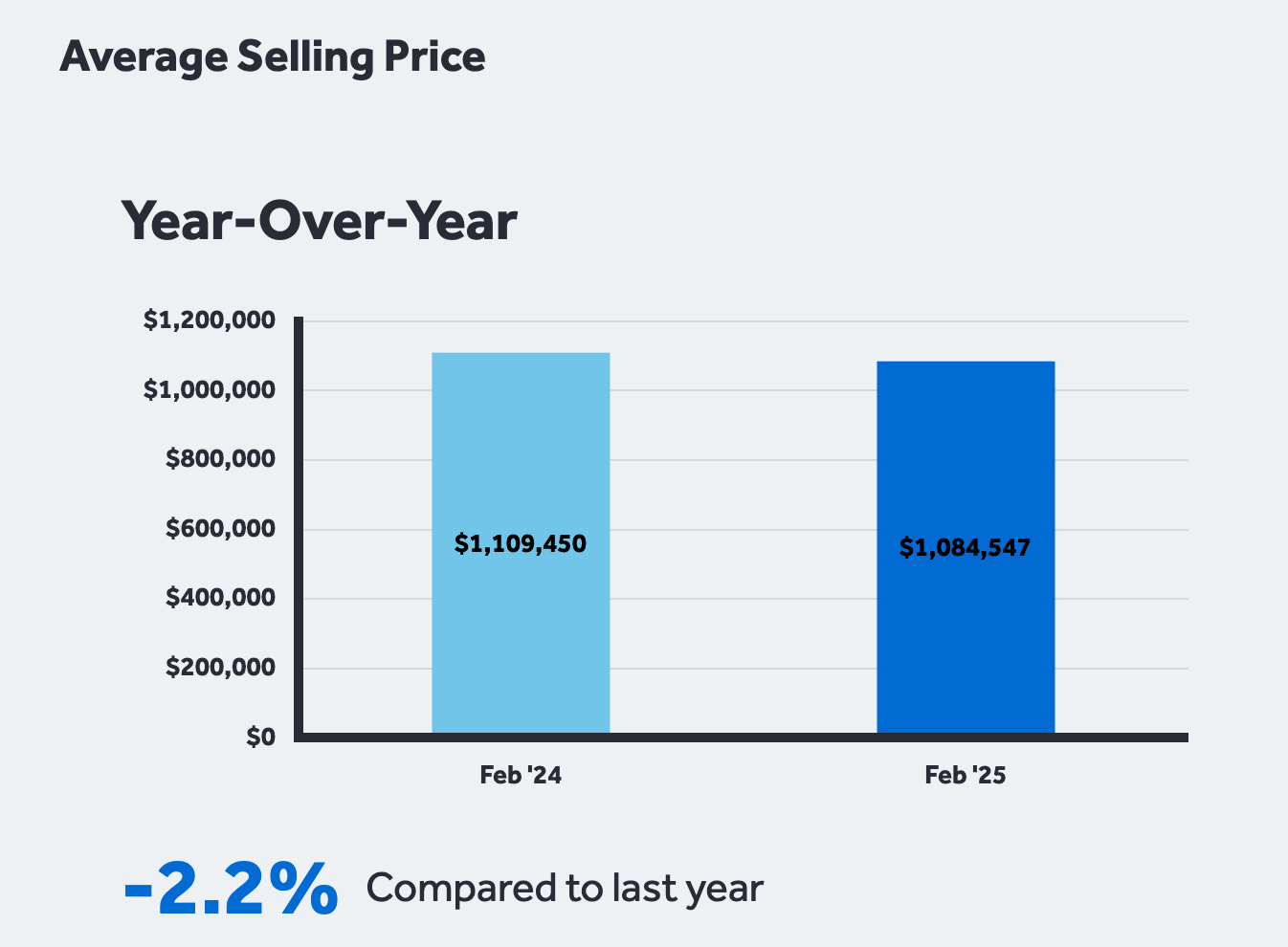

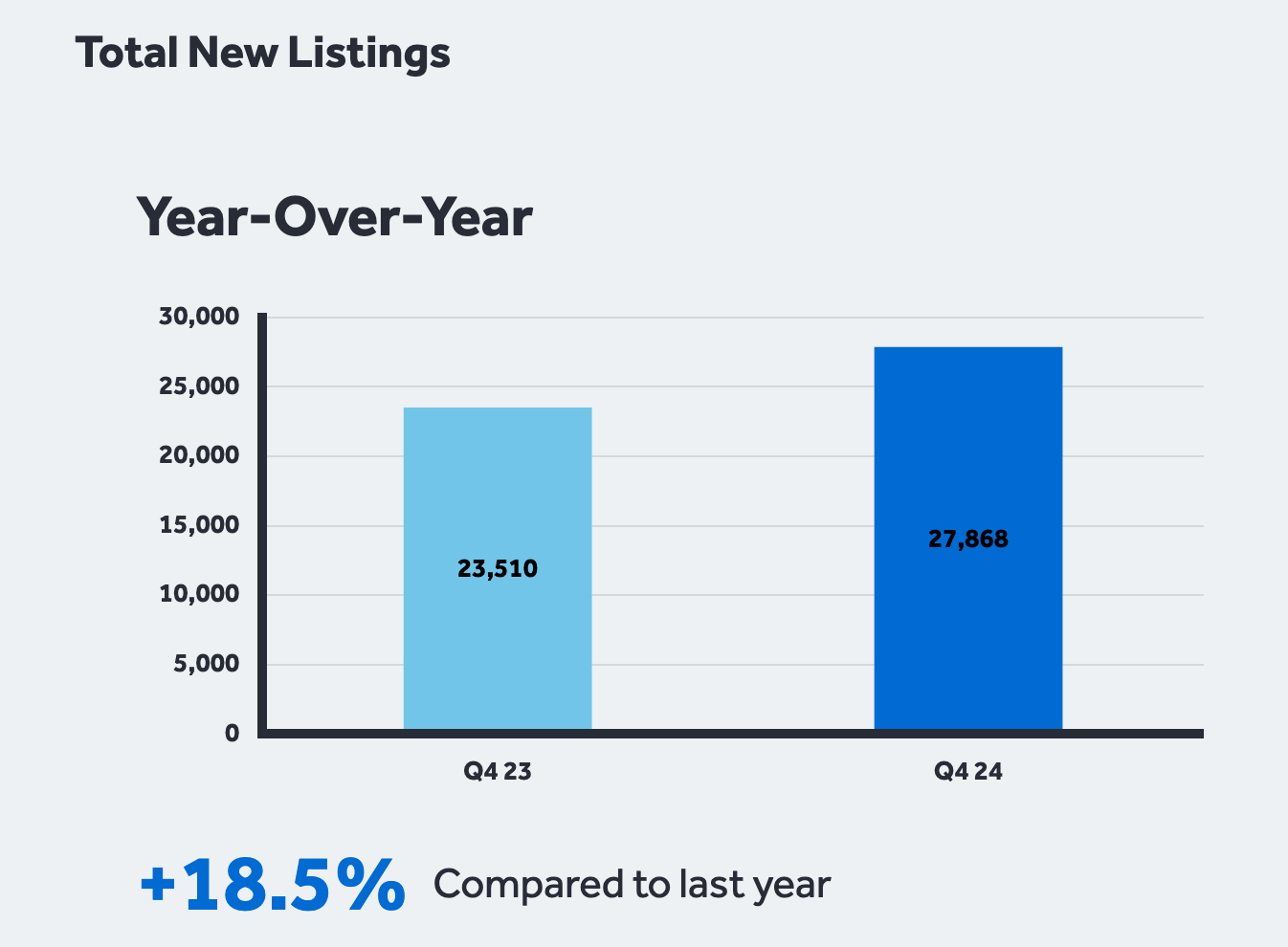
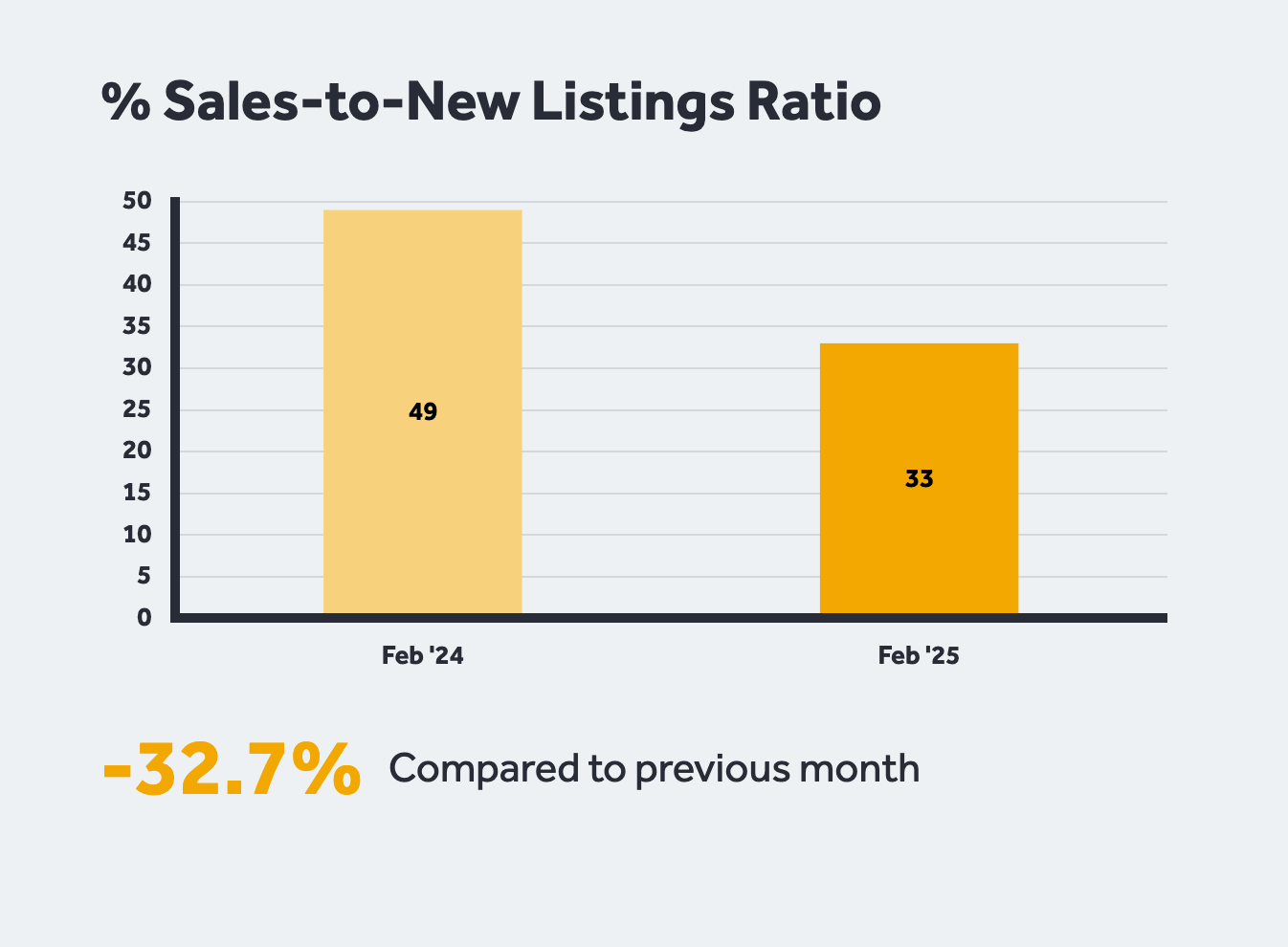
















 As you step into the grand foyer, the striking open-riser Scarlet O’Hara staircase takes center stage, immediately commanding attention. This architectural masterpiece gracefully ascends to the upper level, setting the tone for the home’s elegant design and offering a glimpse of the extraordinary living spaces that lie beyond.
As you step into the grand foyer, the striking open-riser Scarlet O’Hara staircase takes center stage, immediately commanding attention. This architectural masterpiece gracefully ascends to the upper level, setting the tone for the home’s elegant design and offering a glimpse of the extraordinary living spaces that lie beyond. The spacious living room is a testament to the home’s thoughtful design, featuring expansive windows that flood the space with natural light and frame views of the picturesque surroundings. Adjacent to this inviting space, the formal dining room provides an ideal setting for hosting elegant dinner parties or intimate family gatherings.
The spacious living room is a testament to the home’s thoughtful design, featuring expansive windows that flood the space with natural light and frame views of the picturesque surroundings. Adjacent to this inviting space, the formal dining room provides an ideal setting for hosting elegant dinner parties or intimate family gatherings. The impressive great room is the heart of the home, boasting soaring 19-foot ceilings, massive windows with enchanting wooded views, and a cozy fireplace. Solid hardwood floors flow seamlessly throughout the main areas, offering a timeless aesthetic, while the gourmet kitchen and baths feature durable tile flooring.
The impressive great room is the heart of the home, boasting soaring 19-foot ceilings, massive windows with enchanting wooded views, and a cozy fireplace. Solid hardwood floors flow seamlessly throughout the main areas, offering a timeless aesthetic, while the gourmet kitchen and baths feature durable tile flooring. Designed with culinary enthusiasts in mind, the oversized kitchen is a true masterpiece. It boasts premium finishes, ample workspace, and state-of-the-art appliances, ensuring both functionality and style. The practical layout includes a nearby laundry room, a walk-in closet, and a secondary entrance leading to the three-bay garage with 9×8-foot doors, providing ample space for vehicles and storage.
Designed with culinary enthusiasts in mind, the oversized kitchen is a true masterpiece. It boasts premium finishes, ample workspace, and state-of-the-art appliances, ensuring both functionality and style. The practical layout includes a nearby laundry room, a walk-in closet, and a secondary entrance leading to the three-bay garage with 9×8-foot doors, providing ample space for vehicles and storage. A sunroom situated off the main living areas offers an idyllic retreat. With slate flooring, a cozy fireplace, and walls of windows showcasing serene backyard views, this space is perfect for unwinding. Double doors lead to a private outdoor haven, seamlessly connecting indoor and outdoor living.
A sunroom situated off the main living areas offers an idyllic retreat. With slate flooring, a cozy fireplace, and walls of windows showcasing serene backyard views, this space is perfect for unwinding. Double doors lead to a private outdoor haven, seamlessly connecting indoor and outdoor living. The backyard retreat is a sanctuary of relaxation and beauty. An expansive patio, complete with a pergola, gazebo, and barbecue area, invites outdoor gatherings against the lush backdrop of perennial gardens. Mature trees, manicured shrubs, and vibrant planters enhance the natural charm, creating an environment that feels like a private escape.
The backyard retreat is a sanctuary of relaxation and beauty. An expansive patio, complete with a pergola, gazebo, and barbecue area, invites outdoor gatherings against the lush backdrop of perennial gardens. Mature trees, manicured shrubs, and vibrant planters enhance the natural charm, creating an environment that feels like a private escape. A spacious home office provides a quiet, functional workspace, while a well-appointed powder room completes the thoughtfully designed main floor.
A spacious home office provides a quiet, functional workspace, while a well-appointed powder room completes the thoughtfully designed main floor. Upstairs, five generously sized bedrooms await, each offering its own ensuite or semi-ensuite, ensuring comfort and privacy for family and guests alike.
Upstairs, five generously sized bedrooms await, each offering its own ensuite or semi-ensuite, ensuring comfort and privacy for family and guests alike. The primary suite is a sanctuary of luxury, occupying its own wing for maximum privacy. The expansive bedroom is complemented by a walk-in closet and a spa-like five-piece ensuite. This exquisite bathroom features a custom double vanity, a supersized glass shower, a deep soaker tub, and a separate water closet, offering a tranquil space to relax and recharge.
The primary suite is a sanctuary of luxury, occupying its own wing for maximum privacy. The expansive bedroom is complemented by a walk-in closet and a spa-like five-piece ensuite. This exquisite bathroom features a custom double vanity, a supersized glass shower, a deep soaker tub, and a separate water closet, offering a tranquil space to relax and recharge. The carefully planned basement provides remarkable versatility, making it ideal for multigenerational living. With private access from the garage, the in-law suite includes a bedroom, bathroom, living area, and kitchen, ensuring independence and comfort for extended family members.
The carefully planned basement provides remarkable versatility, making it ideal for multigenerational living. With private access from the garage, the in-law suite includes a bedroom, bathroom, living area, and kitchen, ensuring independence and comfort for extended family members. Additionally, the basement features a full gym, ample storage solutions, a cold cellar, and a utility room. Large windows throughout the lower level bring in natural light, creating a bright and welcoming environment.
Additionally, the basement features a full gym, ample storage solutions, a cold cellar, and a utility room. Large windows throughout the lower level bring in natural light, creating a bright and welcoming environment. This estate stands as a testament to refined living. With its exceptional craftsmanship, thoughtful layout, and premium finishes, it offers a lifestyle that is both luxurious and functional. Surrounded by the natural beauty of FoxFire Estates, this property is more than a home-it is a statement of elegance and sophistication.
This estate stands as a testament to refined living. With its exceptional craftsmanship, thoughtful layout, and premium finishes, it offers a lifestyle that is both luxurious and functional. Surrounded by the natural beauty of FoxFire Estates, this property is more than a home-it is a statement of elegance and sophistication. For those seeking the ultimate in luxury and privacy, this builder’s private residence is a rare gem that must be experienced firsthand.
For those seeking the ultimate in luxury and privacy, this builder’s private residence is a rare gem that must be experienced firsthand.

























